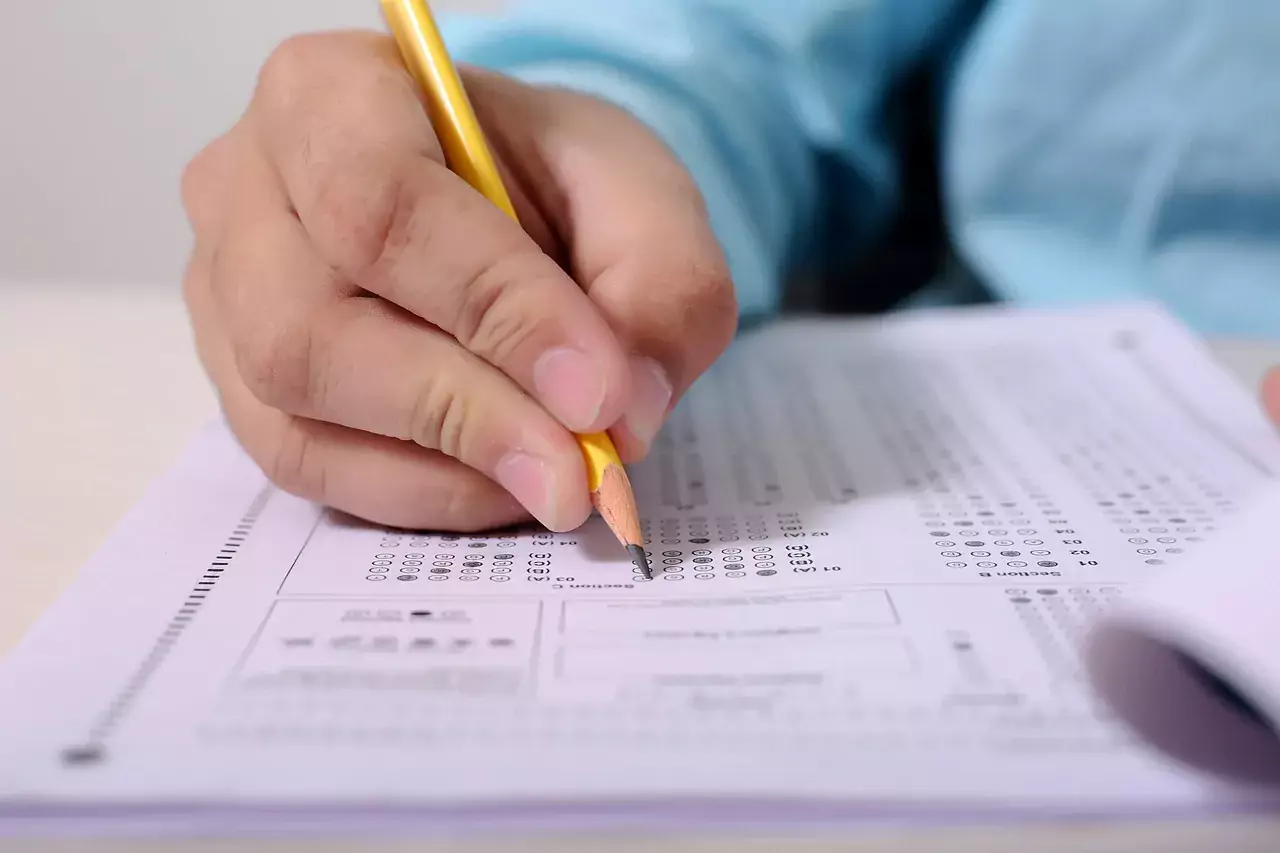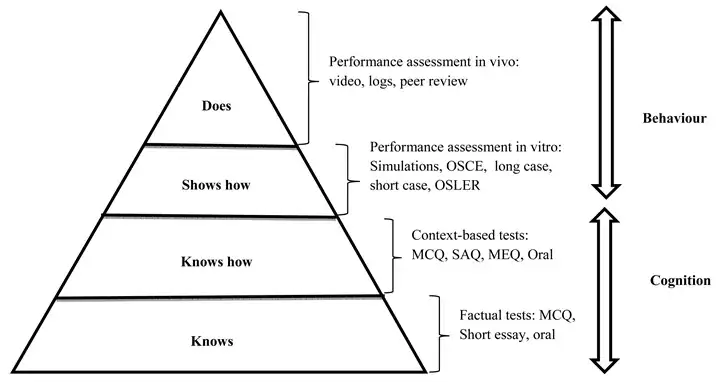Basic concepts
Assessing students' learning is crucial for educators, learners, accrediting bodies, and society. We also need to have a basic understanding of the educational frameworks to guide us in assessing students' learning.

Why do we assess?
As a university teacher in the health profession, assessing students in higher education serves several crucial purposes tailored to our field:
1. Ensuring Competency in Healthcare Practices: Assessment allows us to evaluate students' understanding and application of medical knowledge and clinical skills essential for their future roles as healthcare professionals. It ensures that they possess the necessary competencies to provide safe, effective, and compassionate patient care.
2. Identifying Areas for Improvement: Through assessment, we can identify students' strengths and weaknesses, providing targeted feedback to guide their learning and skill development, ultimately enhancing their readiness for clinical practice.
3. Preparing for Professional Certification: Many healthcare professions require licensure or certification exams for practice. Assessments in higher education help prepare students for these exams by evaluating their readiness and identifying areas where additional study or practice may be needed to succeed in these high-stakes assessments.
4. Promoting Lifelong Learning: Assessment fosters a culture of continuous learning and improvement among future healthcare professionals. By engaging students in reflective practice and self-assessment, we encourage them to take ownership of their learning and pursue ongoing professional development throughout their careers.
5. Ensuring Quality Patient Care: Ultimately, assessment in higher education contributes to the delivery of high-quality patient care by producing competent and well-prepared healthcare professionals. By rigorously assessing students' knowledge, skills, and clinical judgment, we help ensure that they are capable of providing evidence-based, patient-centered care that meets the highest standards of quality and safety.
6. Informing Instructional Decisions: By assessing students' learning, educators can tailor their teaching strategies and adjust instruction to better meet the needs of individual students or the class as a whole. Assessment data can highlight areas where instruction may need to be reinforced or modified.
In summary, assessment in higher education for healthcare professionals is essential for ensuring competency in healthcare practices, identifying areas for improvement, preparing for professional certification, promoting lifelong learning and professional development, and ultimately ensuring the delivery of quality patient care.

Frameworks for learner assessment in medicine
As an educator, you struggle with grading students and residents. While you find them deserving and hardworking, you dislike the subjectivity of traditional scales and yearn for clearer, objective evaluation methods. This guide offers a solution! By exploring educational frameworks, you'll gain the tools to refine your own assessments, communicate expectations effectively, and guide your colleagues at the clinical site. Embrace this framework and watch your grading practices evolve! (68 words)
References and related material
- Norcini, J., Anderson, M. B., Bollela, V., Burch, V., Costa, M. J., Duvivier, R., Hays, R., Palacios Mackay, M. F., Roberts, T., & Swanson, D. (2018). 2018 Consensus framework for good assessment. Medical Teacher, 40(11), 1102-1109. https://doi.org/10.1080/0142159x.2018.1500016
- Pangaro, L., & ten Cate, O. (2013). Frameworks for learner assessment in medicine: AMEE Guide No. 78. Medical Teacher, 35(6), e1197-e1210. https://doi.org/10.3109/0142159x.2013.788789
